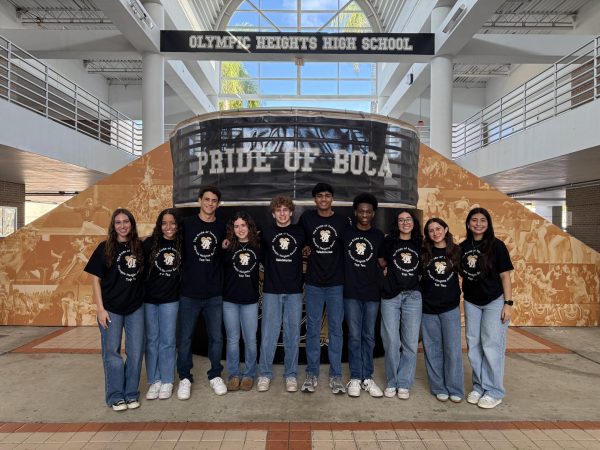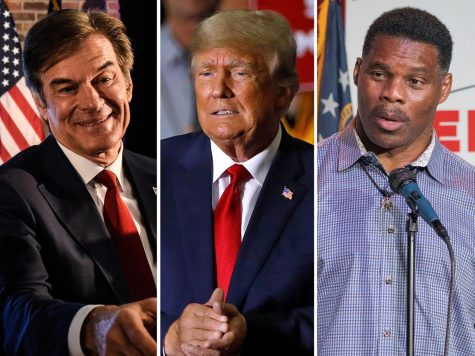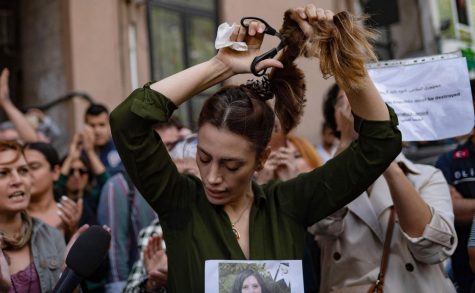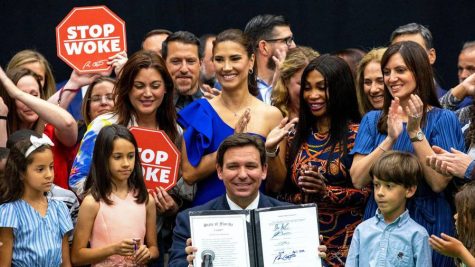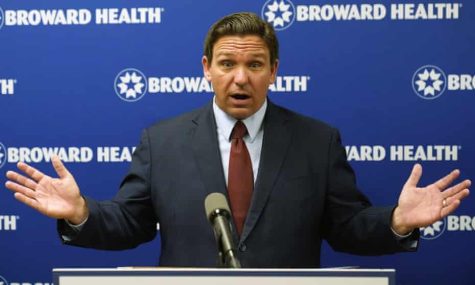NEWS ANALYSIS: School districts may not get the clarity they’re looking for in cheerleader’s First Amendment lawsuit
Brandi Levy sued her school district under the First Amendment’s free speech clause over her suspension from her school’s cheerleading team for a vulgar, off-campus Snapchat post.
Between inescapable situations and increasing reliance on social media and technology, the fine line between what schools can and cannot monitor about a student’s life has become harder to determine. At some point, it begs the question if school is nearly completely online at this time in history, how much of what students express and say online can school penalize students for?
It is through a new Supreme Court case that these barriers may be solidified. Fourteen-year-old Mahanoy Area High School (Mahanoy City, Pa.) student Brandi Levy was unsatisfied with her being relegated to the school’s JV cheerleading team and made this apparent to people on Snapchat.
Her post “showed her with her middle finger raised,” and the caption to accompany this “contained a four-letter swear word directed at cheerleading, softball, school, and ‘everything’ generally,” according to BBC News. This post, though deleted by Levy, was saved by the cheerleading team’s coach’s daughter who showed it to her mother. Levy’s resulting punishment was a year-long suspension from the school’s cheerleading program.
There are two distinct factors that each greatly change the situation on each side. What may help Levy, who decided to sue the school district for infringement on her First Amendment rights, is that the Snapchat post was made off campus and not during school hours.
For years, there has been confusion over to what extent school administrators can censor students’ social media posts, and school districts are hoping for some clarity on the issue now that Levy’s case reached the Supreme Court, with arguments being heard on April 28. A ruling is expected near the end of the Court’s term in late June or early July.
According to the BBC and Levy’s attorney’s, “Pupils’ speech is protected by a landmark Supreme Court case from 1969, Tinker vs. Des Moines Independent Community School District.” The case centered around high school students who were suspended from school for refusing to remove the black armbands they were wearing in protest of the Vietnam War. In that case, the Supreme Court ruled in favor of the students.
Interestingly enough, it is the school district that has appealed the Levy case to the Supreme Court. The argument on behalf of the educators is that if the court rules in favor of Levy and new protections are enacted, it will become more difficult for schools to curtail online bullying and expressed prejudice.
On the matter of if Levy’s suspension from the cheerleading program was warranted, Olympic Heights art teacher Ms. Jane Tobal commented, “It depends. If the behavior is detrimental to the other students in any way, or to the reason for being there, then perhaps. I would say, maybe not punish the student, but remove them from the sport since they obviously don’t want to be there.”
And therein lies the problem. That is exactly what the school did in Levy’s case. Levy was not suspended from school, just from the extracurricular activity of cheerleading. While students have a constitutional right to an education, they do not have any such right to be a part of any of a school’s extracurricular activities. Like any sport or talent-related activity, students must audition or try out, and if they are chosen for that activity, there are rules that must be followed.
So, there is the possibility that school districts won’t get the clarity they are hoping for if the Supreme Court’s ruling on the Levy case focuses on the difference between being suspended from school and being suspended from an extracurricular activity.
And there are other complexities the Court must take into consideration. There is also the question of if Levy’s words were truly a disruption to the school environment. If they are found to not be disruptive, that alone should lead the Court to rule in Levy’s favor, again not giving school districts the clear cut ruling they are looking for.






